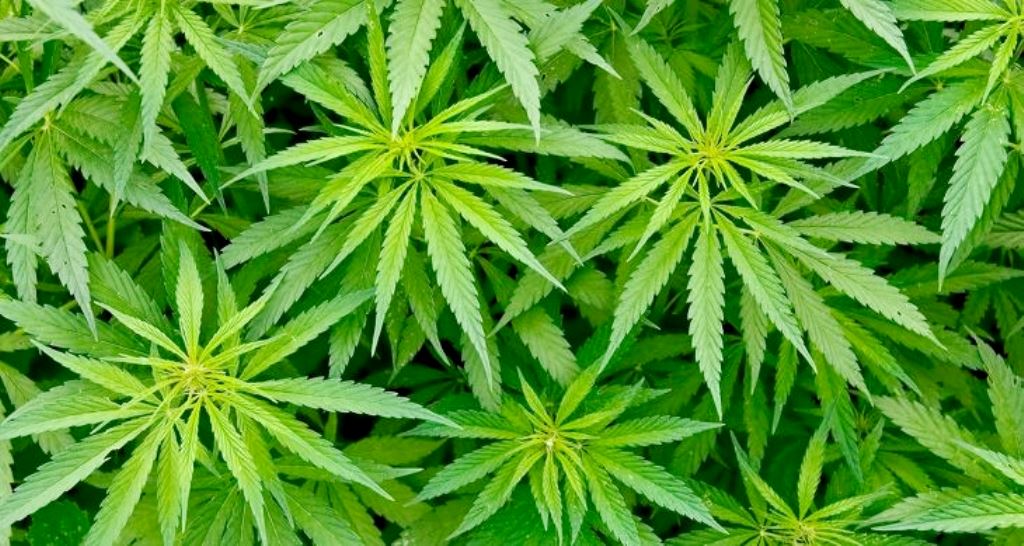AS some members of Parliament are pushing for legalisation of bhang cultivation in the country, anti-drug activists in East Africa have opposed the move, calling upon the government to uphold the UN drug control conventions.
Civil organisations working on Drug Demand Reduction, Treatment and Recovery from all the East African member states, in their declaration released this week, demanded for immediate action against any efforts or attempts at legalisation and promotion of recreational marijuana within the East African Community.
Dubbed East African Network for Prevention and Treatment of Substance Abuse and Alcohol, the organisation said there is clear evidence on how illegal drugs, more so marijuana, has affected young people in the region.
It further stated that East African countries, being signatories to the UN drug control conventions of 1961, 1971 and 1988, including the United Nations Convention on the Rights of the Child (UNCRC), are obliged to respect and uphold the conventions.
“States must be mindful of these conventions, protecting children and avoid listening to legalisers and users points only. States must balance the arguments because of their dangers of marijuana, the promised medical and profits are not there, it is just and empty promise,” reads part of the declaration.
The activists further said that drug use disorder hinders personal and collective growth, the achievement of quality formal education and the attainment of a working career, which could enable young people to contribute to society as a whole and to the general improvement of communities’ wellbeing.
It said that the use of drugs threatens the achievement of Sustainable Development Goal 2030, especially when they think about developing countries.
Early this week, a debate on whether Tanzania should engage in the production and sale of bhang resurfaced in Parliament as some legislators pushed the government for the business.
Mr Jumanne Kishimba (Kahama-CCM) in his contribution argued that bhang was currently a lucrative business worldwide, calling on the government to legalise it.
“Our neighbouring countries such as Malawi, Zambia and Uganda have embarked on the commercialisation of bhang cultivation. Bhang is now used in pharmaceutical industries and other productive sectors, why are we not utilising this opportunity to boost our economy, considering the fact that Tanzania is among the leading bhang producers in the world?” he queried.
Mr Kishimba said bhang was fetching the highest price in the world market, insisting that Tanzania should utilise the price advantage.
According to the legislator, even the current law (the Narcotic Drug Control Act) gives allowance for the government to legalise some plants such as bhang and opium.







